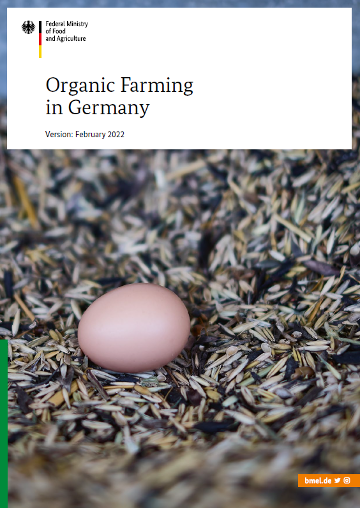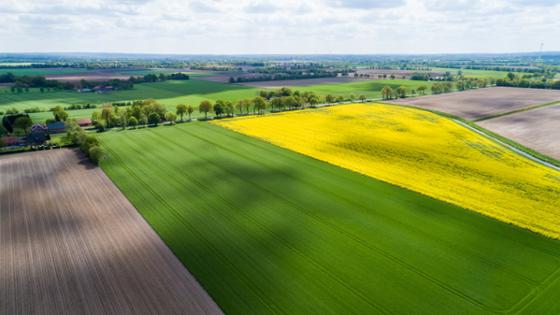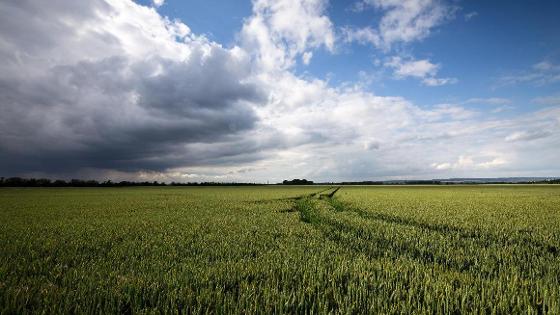Controls in organic farming
Just like conventional products, organic products must comply with the provisions applicable under food and feed law. They are examined within the scope of the control mechanisms provided for there.
If products are to be sold as organic products, they must be subjected to the inspection scheme and procedure under EU organic farming legislation. EU organic farming legislation permits Member States to decide whether the inspection procedure should be carried out by government agencies alone or via a state-supervised private system. Germany opted for the latter.
Control system in Germany
Due to Germany’s federal structure, 16 supervisory authorities in the Länder and city-states are responsible for the 19 state-approved and monitored inspection bodies that are currently operating in the market (as of 1 June 2022).
The private inspection bodies carry out on-the-spot controls to check whether companies comply with EU organic farming legislation. An inspection agreement is concluded between the economic operator subject to inspection and the inspection body. The operators thus undertake to adhere to the EU legislation governing organic farming and agree to the standard inspection scheme of the inspection body. The inspection body controls agricultural holdings as well as processors and importers at least once a year and more frequently, if necessary. The inspected holdings must bear the costs of inspection. The inspection is primarily a procedural inspection supplemented by elements of final product inspection in special cases. Controls are conducted using random samples taken on a risk-oriented basis; where there are reasonable grounds for suspicion, product samples or soil or plant samples are also taken and residue analyses carried out.
Inspection requirements
Chapter VI of Regulation (EU) 2018/848 sets out the minimum inspection requirements for agricultural holdings, processors, stock keepers, distributors and importers. In accordance with Article 37 of the Regulation, these specific provisions apply in addition to the requirements of Regulation (EU) 2017/625.
Accordingly, producers and processors must specify precisely what areas, buildings and facilities are used in organic production. Holdings are obliged to precisely record and list all inputs and products that enter the holdings at all stages of processing. Everything sold by the farm or holding must be recorded in their books: what was sold, how much of it was sold and to whom. This guarantees that organic products can be traced back to the producer.
National accreditation of inspection bodies
The organic market in Germany has grown particularly strongly for many years. With this in mind, it needs to be ensured that the organic farming inspection system always remains fully functional and in line with the legislation, providing sound inspections and guaranteeing a high level of consumer protection and fair competition between the inspection bodies. The BMEL therefore put the detailed criteria for the accreditation of private inspection bodies on a federally harmonised legal basis as early as 2012 and adapted them to modified EU requirements by adopting the Ordinance on the Implementation of the Provisions on Organic Farming of 23 July 2023 (ÖLG DV).
List of the approved inspection authorities in the Federal Republic of Germany











